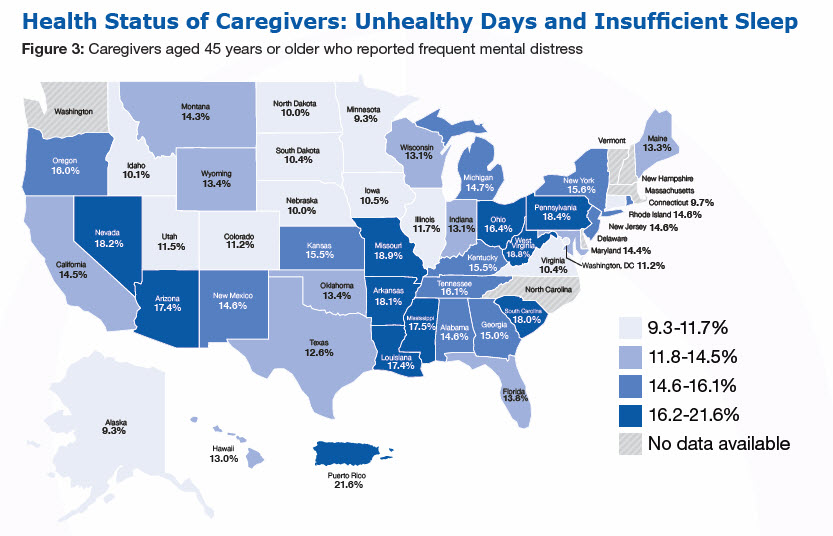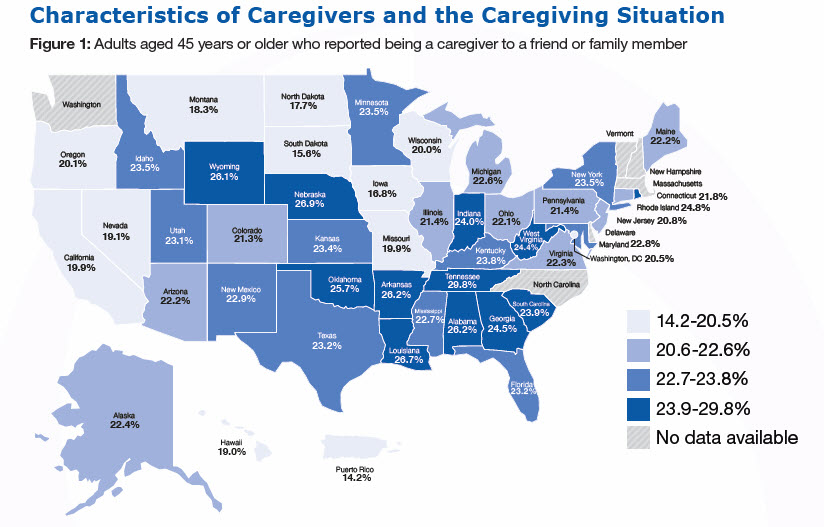Family Caregivers Month is here! November is the month where we take time to recognize and give praise and support to ALL people who dedicate their time, often unpaid, caring for a family member in need.
As the holiday season is right around the corner, it is important that we show our appreciation for those who work tirelessly to provide care. Care comes in many forms: financial; medical; in-home care; and/or emotional support.
Reach out and touch base with caregivers you know. Yes, it’s a lifeline to know that others are supporting you, as caregiving can take a a big toll on mental, emotional and physical health.

NATIONAL FAMILY CAREGIVERS MONTH TIMELINE
- 2015 One Big Anniversary Acknowledged
A major milestone was reached with the golden anniversary of both Medicare and Medicaid, highlighting 50 years of financial and medical support to the elderly.
- In 2013 China turned Custom into Law
China has always honored its elderly but a new Chinese law mandated that adult children were obligated to visit their parents.
- In 2010 The “Silver Tsunami” arrived
In 2010 40 million American Baby Boomers turned 65.
- In 1935 Social Security debuted
Social Security became a cornerstone of FDR’s New Deal.1893Visiting Nurse Society provided elder care to the poor
- In 1893 Visiting Nurse Society provided elder care to the poor
An innovative idea created the Visiting Nurse Society as a way to help the elderly poor with charitable in-home care.
In 2015 a research report was released by the AARP Public Policy Institute and the National Alliance for Caregiving
Caregiving during Covid-19 has been difficult for so many. Isolation, fear of spreading a virus, desire to remain home all have impacted life. While we wait for updated data, these figures are from 2015.
- Almost 45 million American adults provided informal (unpaid) care in the 12 months prior to the survey.
- Almost 35 million American adults provided unpaid care to someone aged 50 years or more.
- Over half of caregivers are female (60%) but males are caregivers too (40%).
- The vast majority of caregivers (82%) are caring for a single individual.
- Another huge majority (85%) are caring for a relative.
- Nearly half are taking care of one of their own parents or a parent of a spouse.
- Ten percent take care of their own spouse.

Advance Discussions Make a Big Difference
Did you watch CBS Sunday Morning last Sunday, by chance? I loved the segment called “Where there’s a will, there’s a way: The case for advance planning.” If you missed it, here it is: https://www.cbsnews.com/news/amy-pickard-the-case-for-advance-planning/
Another resource I’d like to highlight is The Conversation Project. The Conversation Project began 2010, when Pulitzer Prize-winning writer Ellen Goodman and a group of colleagues and concerned media, clergy, and medical professionals gathered to share stories of “good deaths” and “hard deaths” within their own circle of loved ones.
While 92% of Americans say it’s important to discuss their wishes for end-of-life care, only 32% have had such a conversation. 95% of Americans say they would be willing to talk about their wishes, and 53% even say they’d be relieved to discuss it (The Conversation Project National Survey, 2018).
I encourage you and yours to have this conversation! This page links to the resources they offer: https://theconversationproject.org/get-started
Care For You
Making time for these important details in life is important. Yes, it can surface thoughts and beliefs you’ve held about life, death, mortality. And, knowing how you wish to live in all stages of life can help you decide how to plan for when you require assistance.
Allow this to be a time of creation. Creation of your plan of action; your “what if” plan, in all stages of life!
That’s where I come in 🙂 Finding ways to make it easier for you to assess what you have in place and what’s needed is what I love to do. I’ve learned so much about this in my professional and personal life. The short-term commitment pays off big time in the long-term.
Before life’s twists and turns impact you, your loved ones and your business, let’s talk. When you dig into the nitty gritty of your life, organize what needs to be done, and take action, it is a huge relief.
Check out my website to learn about me and what I do: https://thelivingplanner.com Have questions, email me: Lynn@thelivingplanner.com
Take care of you –Lynn
#CareForPeople #CareForBusiness #LifeHacks

